Apple M1 VS Intel i9 Comparison in 2025 [Honest Review]
If you’re looking for a comparative analysis of Apple M1 VS Intel i9 then this article is for you. Though in the past we saw that Intel and Apple’s integration has bought really good products for the Macbook users and with both helping out each other, there wasn’t any competition that could beat what they were providing to the individuals in the gaming market or the normal laptop user.
![Apple M1 VS Intel i9 Comparison [Honest Review] Apple M1 VS Intel i9 Comparison [Honest Review]](https://blog.omggamer.com/wp-content/uploads/2025/10/Apple-M1-VS-Intel-i9-Comparison-Honest-Review.jpg)
Now both Apple and Intel are on different pages and with their latest chipsets, they are trying to prove each other inferior. Today in this article we are going to talk about the most modern chipsets by both Apple and Intel, that have revolutionized the market. If you want to see a comparison between Apple M1 and Intel i9, then you have come to the right place.
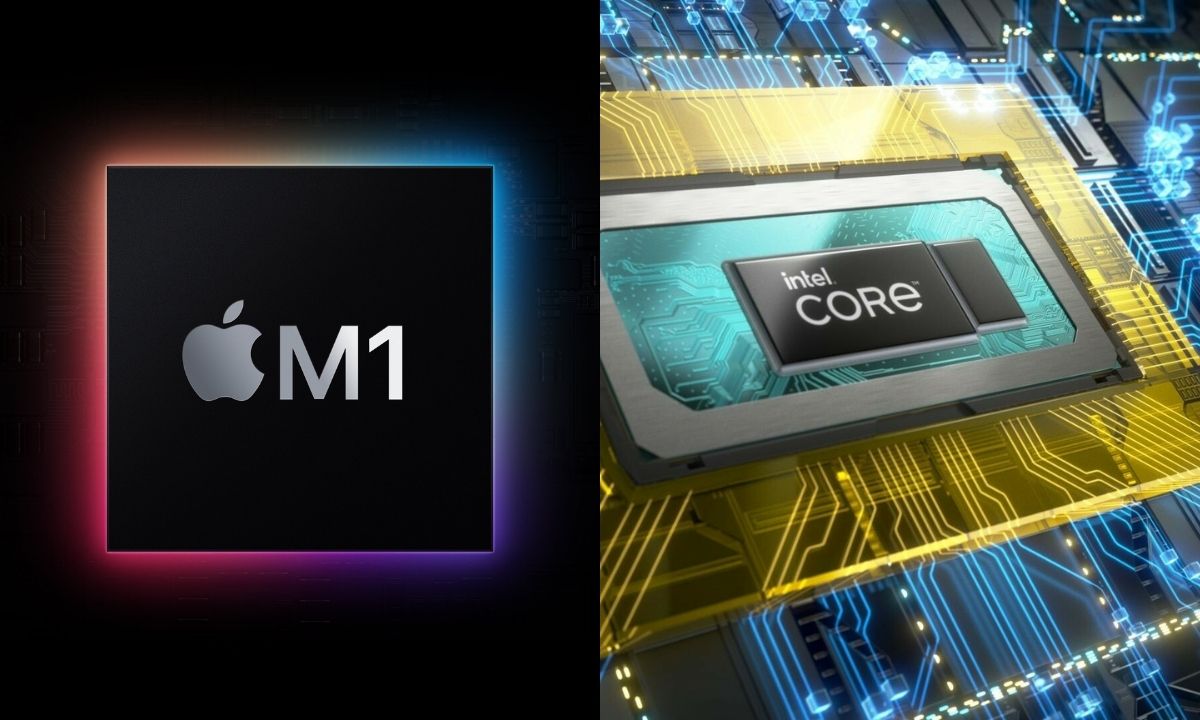
About Apple M1 Chip
It is seen that the M1 is Apple’s first custom silicon system on a chip and as we know that since 2006, all Macs have shipped with Intel chips, and these utilized the x86 (and later, x86_64) architecture that’s also used on various Windows PCs.
Though if we talk about the Apple M1 chipset, it totally different as it uses the ARM architecture that usually powers mobile or various portable devices like iPhones and iPads.
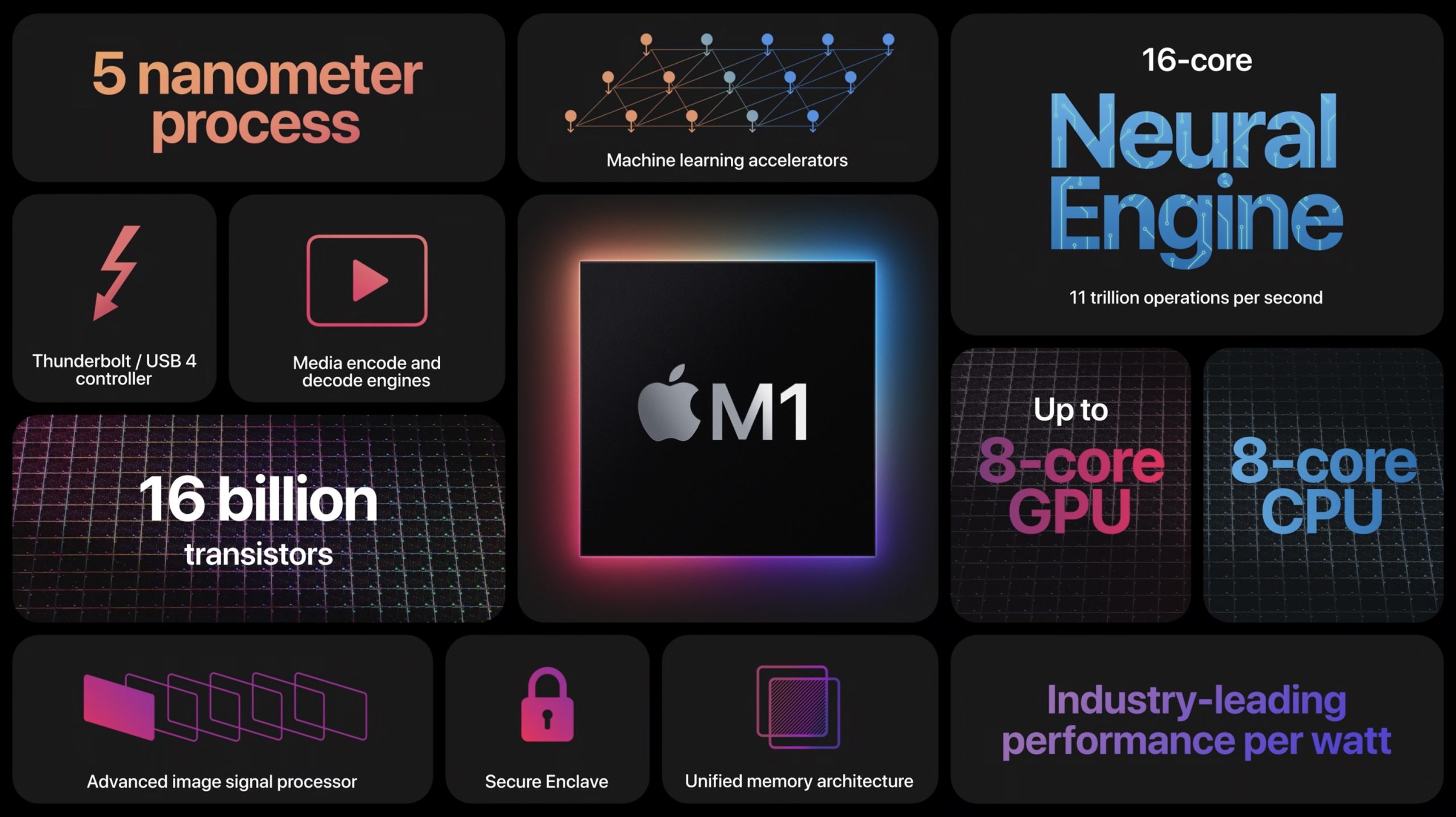
ARM in a practical scenario uses a simplified instruction set compared to x86, which results in lower power consumption. This has been one of the major developments for Apple, specifically the Macbooks, as this is the first time the company has designed its own custom chips for a computer and laptops.
Also Read: 5 Best Gaming Laptop Under $500 in 2025 [Gamers Choice]
As most of us do not know but Apple spent years designing chips for its portable devices like the iPhone and Apple Watch but leaned on Intel chipsets to power its desktops and Macbooks. Like every other chipset in the market, Apple’s M1 offers some reasonable benefits and a few drawbacks over Intel’s chipsets.
However, Apple claims that most people won’t notice a huge difference when moving from an Intel machine to one with a custom ARM chip.
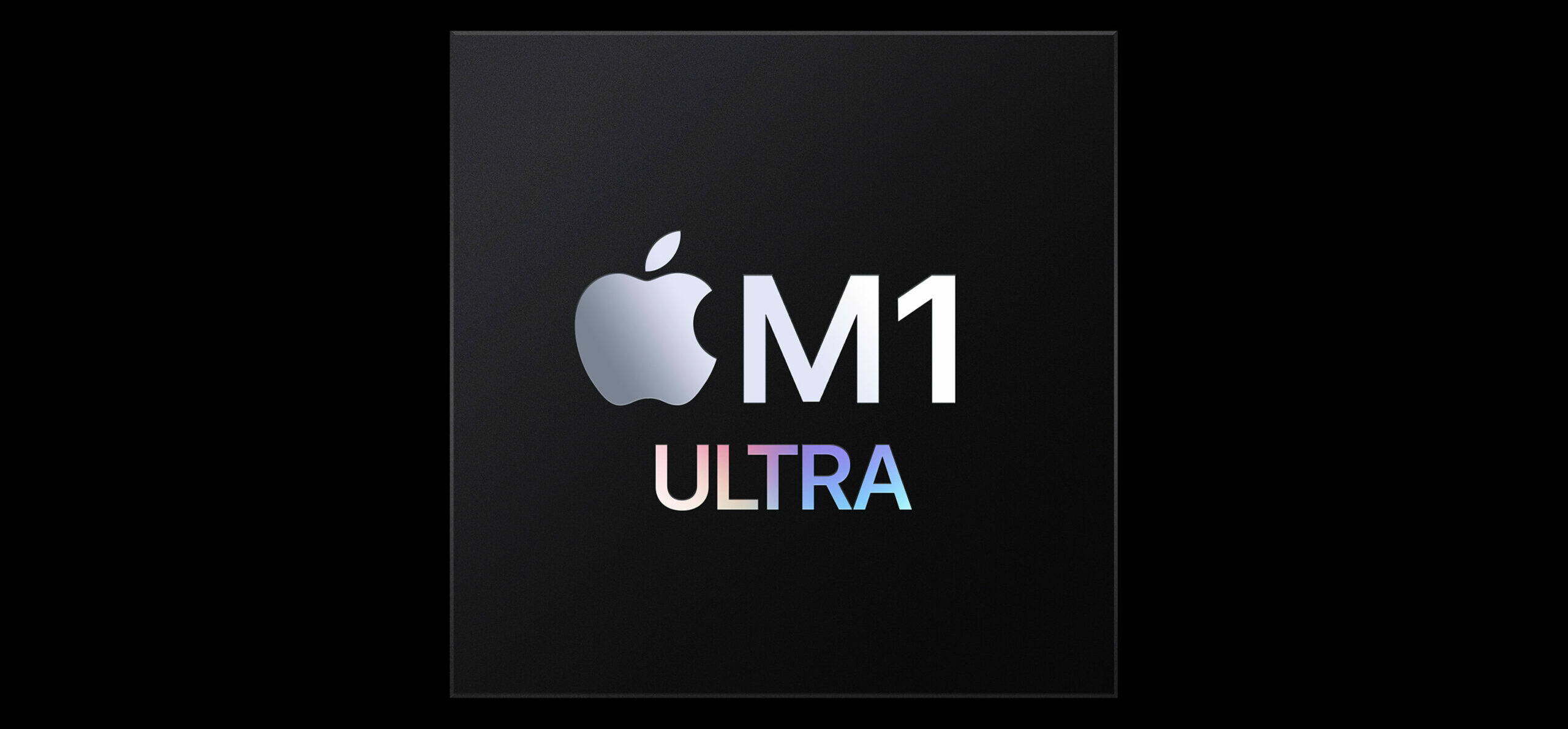
About Intel i9 Chip
Though we have had with us for quite some time now Intel’s i9 11th generation chipsets, Intel’s 12th Gen recently arrived and it is a huge blow to its competitors with the flagship Core i9-12900K. Intel i9 Chips have been seen as a new era of x86 processors that are designed similarly to Apple’s ARM silicon compared in both the segments like performance and efficiency cores.
As practically analyzed, it allows Windows to offload background tasks and keep the performance cores for more demanding workloads. It is a wide promise by Intel that it is the “world’s best gaming processor” and there has been a 19 percent performance improvement over its widely known 11th Gen chipset.
Related: AMD Zen 4 Release Date, Features, Price, Specs & Rumors
Intel claims that this new generation of Alder Lake chips relies heavily on Windows 11 as Microsoft has optimized its new OS for Intel’s new chipset, supposedly allowing better task management across these new CPU cores.

Apple M1 Chip VS Intel i9
Until and unless there are a few tests analyzed or the chipsets have been considered in some parameters, there is nothing solid that can be told about either the Apple M1 Chip or the Intel i9 chip.
To give a better view of the situation given below are a few parameters that will help individuals and gamers choose the chipsets for their system or the type of work they want to do with the chipsets. It will be a good thing if you go through the given parameters, as they will help you in the long run. Let us take a deeper look at this comparative analysis of Apple M1 VS Intel i9.
| Parameters of Comparison: Apple M1 Chip VS Intel i9 |
|---|
| 1. Resell Value |
| 2. Performance |
| 3. CPU Threads |
| 4. CPU Benchmark Scores |
| 5. Software Compatibility |
| 6. Hardware Compatibility |
| 7. L2 cache |
| 8. Thermal Design Power |
| 9. Power Efficiency |
| 10. Graphics |
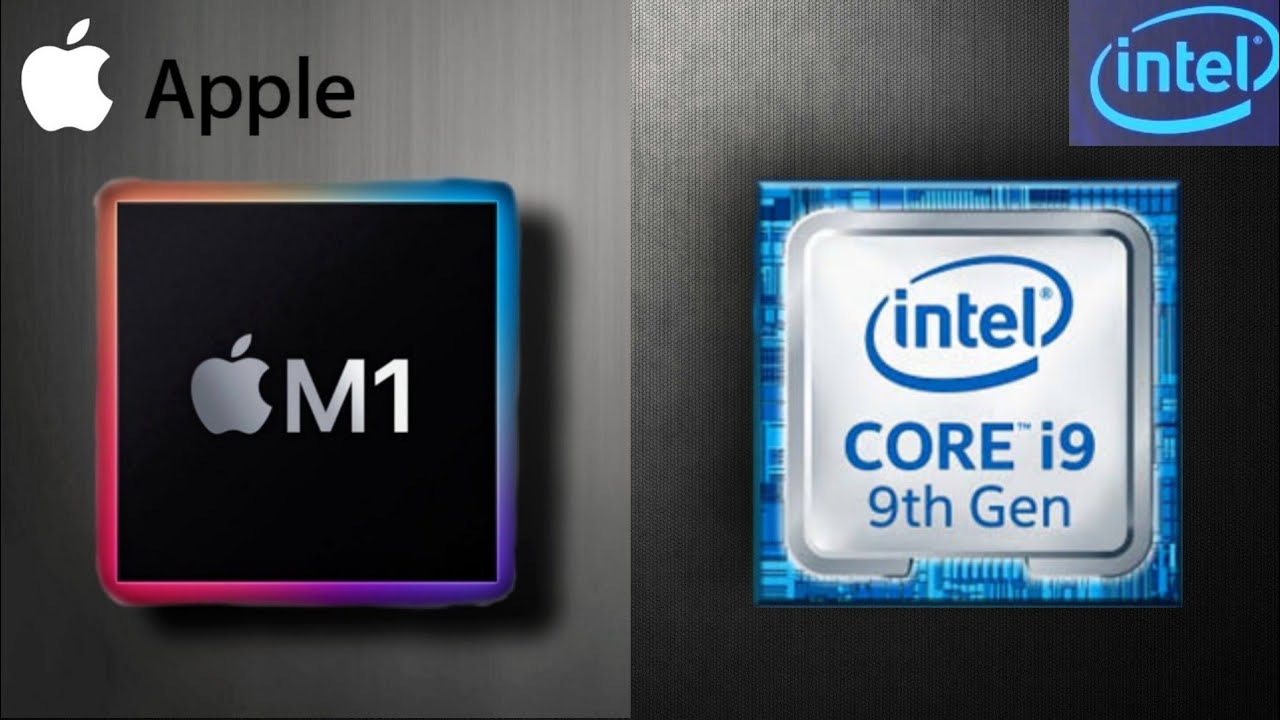
Resell Value
If we talk about the resell value of a laptop that has an i9 chip or a Macbook that has an M1 chip, you will come across a significant difference between the two.
Though both the chips are costly in nature, if we talk about the practical character of these chips, then an apple laptop with an M1 chip is sold at a nearly equal or a bit higher price after a person has bought it once compared to a laptop that has an i9 chip.
Must Read: 5 Best CPU Stress Test Softwares in 2025 [Gaming PC Stress]
This is not because the i9 chip is not good compared to the M1 counterpart but because the brand value of Apple impacts the price of the M1 chip. Though an individual with good technical information will always go for the i9 chip compared to the M1 because of its flexibility in doing more tasks and efficiency.
Performance
When we do a comparative analysis of the performance of Apple M1 VS Intel i9, there is a significant difference between the two. Though it might be a bit confusing for a few, if properly understood, you will see the gist of the performance topic that we are about to discuss.
There is one thing to keep in mind whether it be Single-Core Performance or Multiple core performance the Apple M1 chip is nearly equal to the i9 11th-gen chipset that was released around the start of 2021. On the other hand, Intel did push its limits and released the Intel i9 12th-gen chipset in the market in November 2021, and that made all the difference.
The high Tier M1 Max and pro chipsets by Apple are lagging behind the i9 12th gen chip by Intel. This makes the Intel i9 12th gen chipset, one of the most practical in terms of performance.

CPU Threads
CPU threads when talked about create confusion majority of the new PC or laptop users’ minds, and it is often thought many what these threads are and what are they capable of. The short explanation of this question is that the CPU Threads are virtual components that divide the physical core of a CPU into virtual multiple cores and help in delivering the workload to the CPU more efficiently.
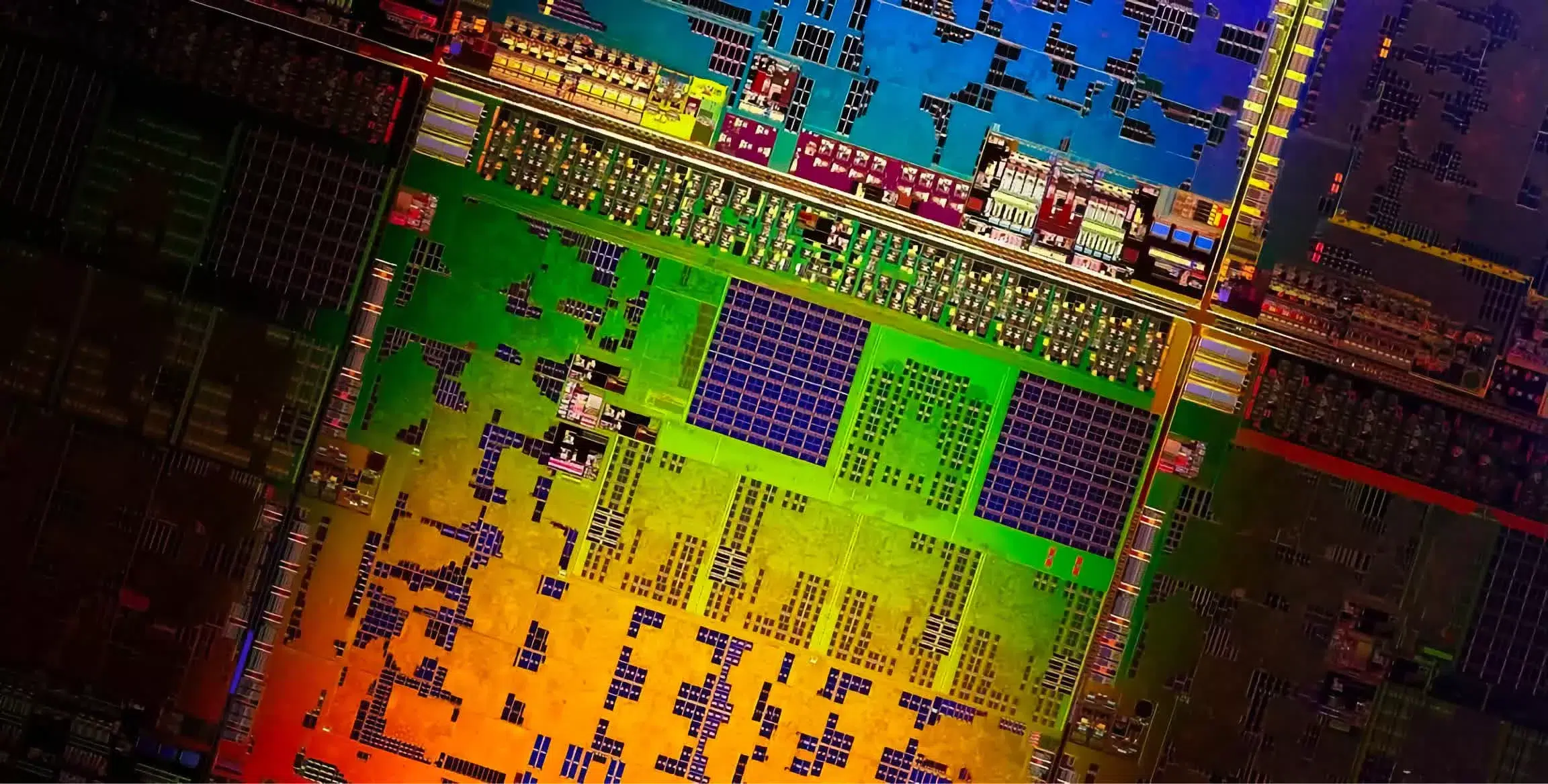
If you want a practical example of this whole process, you will come across it when you open an application, thereafter, you will see that the operating system will create a thread for performing all the tasks of that specific application, and the CPU is provided tasks from the thread to complete it.
This is how the functioning of the CPU threads is. In case we take two laptops (Apple M1 VS Intel i9), one with Intel i9 12th gen chipset and the other one be Apple MacBook with M1 chipset, the M1 has only 8 threads while the i9 has 16 threads.
It means that when we talk about the performance according to the CPU threads, the Intel i9 will have a better performance because it has more threads compared to the Apple M1 which has fewer threads to deal with the tasks.
CPU Benchmark Scores
The CPU benchmark score is said to be the result or conclusion of a series of tests that are designed to measure the performance of a computer CPU. When we talk about benchmark scores, there is ample software that can help us get benchmark scores.
It is seen that this software has a set of standard or baseline measurements used to compare the performance of different systems using the same methods and circumstances that a chipset has to go through. All these benchmark scores were not in trend a long time back.
A decade ago it wasn’t the case where individuals would heavily rely on the CPU Benchmark Scores but the situation is totally different now with modern-day technology these CPU Benchmark Scores will tell a user how the performance and efficiency of the system will be when you start using the chipsets in your system and how will it compare to its counterparts in the market.
According to the Geekbench 5 (Single-Core) test in the case of Apple M1 VS Intel i9 chipsets, the score of M1 was 1749 compared to the i9 11th gen, which had a score of 1638. When the Geekbench 5 (Multi-Core) test was done, it was seen that M1 scored 9670 whereas the i9 11th gen scored 9412. These scores are nearly equal but if the M1 chipset is compared to the i9 12th gen chipset that was recently introduced in the market then, the M1 chipset surely lags behind it in the majority test.
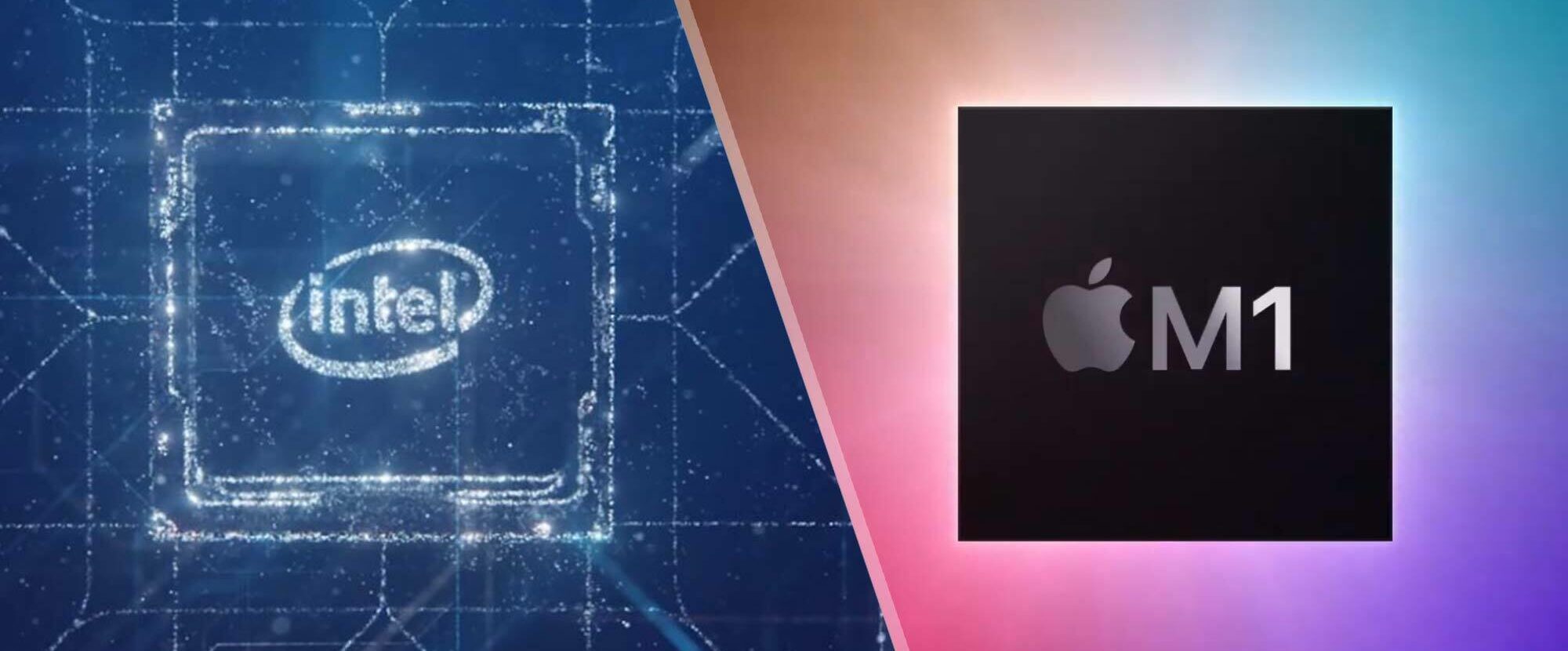
Software Compatibility
If you are newly introduced to Apple’s M1 chipset, you should remember one thing it is based on ARM architecture (arm64) and that is why an emulator is a necessity for it, or in a better scenario, a software-translation layer like Rosetta 2, to run Intel (x86-64) apps.
You will see that after many developers performed various tests, Rosetta 2 did an excellent job of providing compatibility without undermining performance. Also, as all the translation process is done automatically, so most apps you use on an Intel i9 will work on the new MacBooks.
Though these types of translations typically take a serious toll on performance, you won’t see that in the case of using Rosetta 2. It is also seen that sometimes the MacBooks with M1 are faster than their counterparts even when they’re at the disadvantage of having to run a non-optimized program through an emulator but it can be said that in short, both M1 and i9 are great in software compatibility, now in Apple M1 VS Intel i9, the intel processor that is i9 sometimes easily takes the lead.
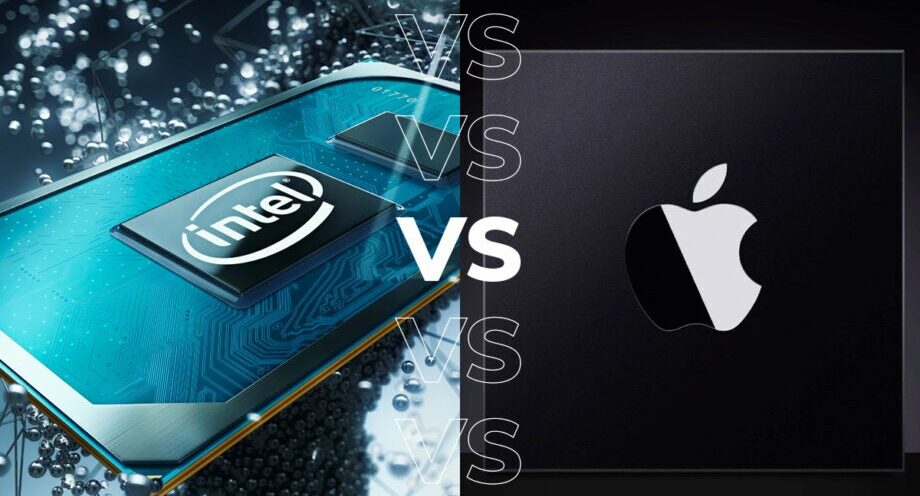
Hardware Compatibility
Hardware Compatibility has been one of the most important factors where the Intel i9 chipset stands tall. With an Intel i9 chipset, you will come across the fact that it is an all-rounder compared to the M1 chipset.
A genuine and fair reason to choose an Intel-powered laptop is that it has a diverse selection of hardware to choose from and you can go with a really good combination of hardware and get the best out of it, in terms of performance.
A fact to keep in mind for everyone is that Intel chipsets are found in a broader range of systems than any other processor in the market. It can be any system like a business laptop, a gaming PC, a dual-screen machine, or an ultraportable laptop, be it any one of them, there is a very high chance that you will see an Intel CPU inside it. Even a Chromebook these days are having an Intel processor.
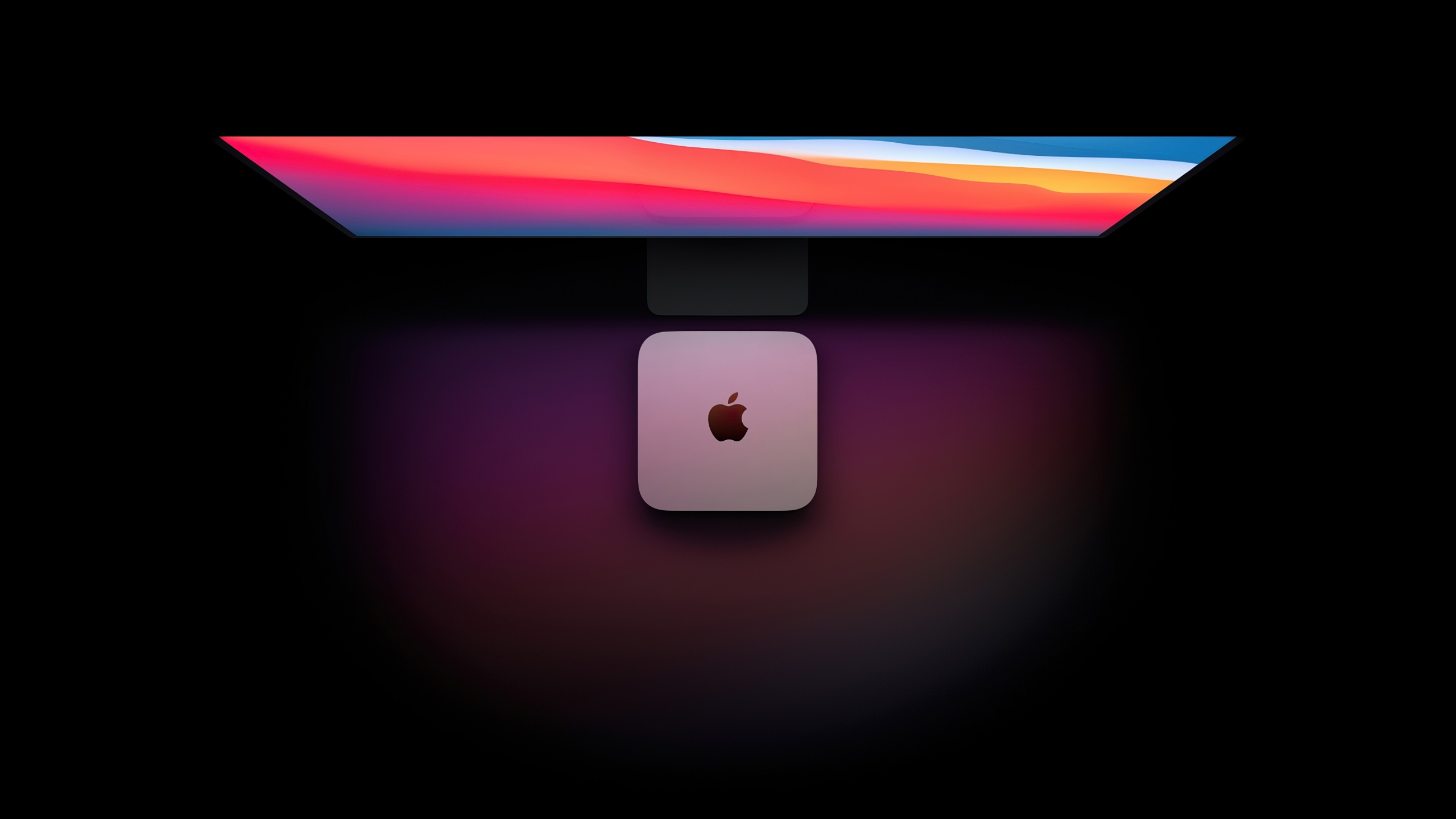
In the case of Apple, you have very few options you have the MacBook Air and MacBook Pro and they are premium, and attractive in nature but they have their own setbacks compared to modern-day PCs and laptops.
When we talk about the hardware compatibility between the Apple M1 chipset and the Intel i9 chipset, we can say that the hardware compatibility is an area where the M1 is behind the i9. Though the M1 chipset in a Macbook is a great option to go for, the fact that the base model MacBook can only use a single external display is a big problem that you have to face while using it and that is not the case with Intel i9.
L2 cache
If briefly defined, the L2 cache is an external cache that is not located on the CPU itself, and the L2 cache allows you to access the recent data from the processor that was not caught by the previous L1 cache. In simple words.
We can say that if there is a situation in which a CPU is not able to find the data that it needs in the L1 cache, it has to then further search in the L2 cache, and if the data is not in the L2 cache, then the CPU has to further proceed to L3 cache.
In the case of Apple M1 and the Intel i9 chipset, as a larger L2 cache result in faster CPU and system-wide performance, there isn’t any difference seen between the chipsets as both of them has an L2 cache of 16 MB.
Thermal Design Power
The thermal design power (TDP) is the maximum amount of energy, the cooling system needs to dissipate heat from the CPU. A lower TDP typically means that it consumes less power.
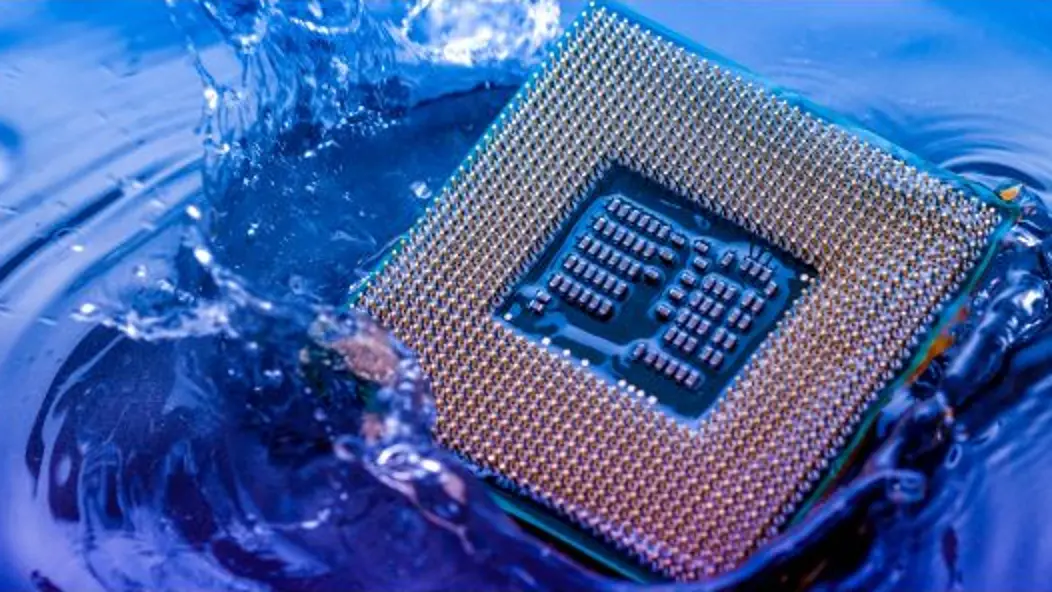
It is said that the lower the TDP, the better the chipset as it consumes less power and that is exactly the case with Apple’s M1 chipset as it consumes less power compared to the I9 chipset. It is practically seen that the TDP of M1 is somewhat less than 20 watts compared to the TDP of i9 which ranges between 120 to 130 watts.
Power Efficiency
In terms of Power efficiency, taking an example Apple’s latest Macbooks, these Macbooks are among the longest-lasting laptops in the market with the MacBook Pro surviving for about 16 hours and 32 minutes and the MacBook Air surviving for about 14 hours and 41 minutes.
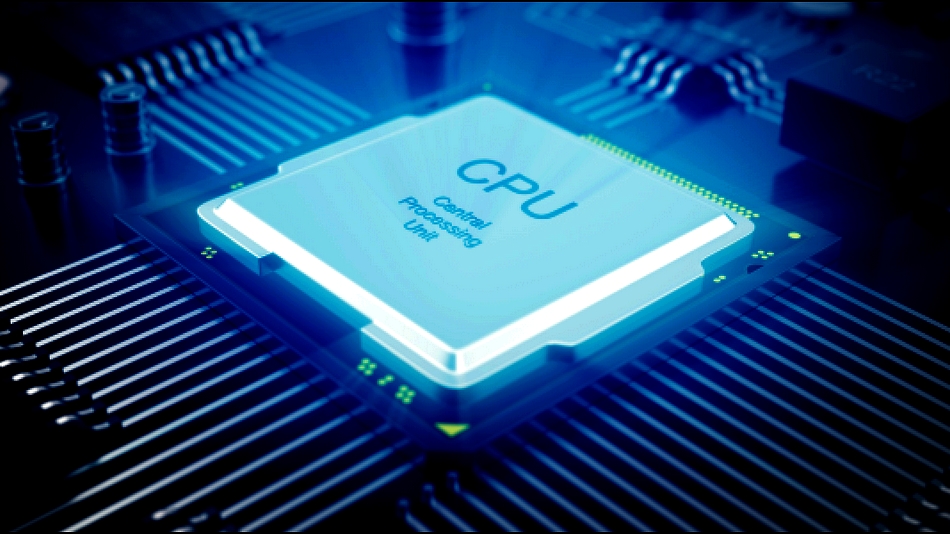
These are some of the longest runtimes that you can come across in today’s laptops. Intel does not lag behind in terms of Power efficiency in today’s laptops with its i9 chipsets. The difference is that in normal conditions, the i9 chipset is very durable but when gaming is done the power efficiency is reduced and that is an inevitable thing.
Graphics
Both the M1 and i9 chipsets are totally reliable in terms of graphics. If you want to do work like video editing and other stuff like that, then both the M1 and i9 chipsets are equally capable of doing this job easily but when you want to perform graphic-intensive work like gaming then the Intel i9 is much better than its counterpart Apple’s M1.
Apple M1 Chip VS Intel i9: Which is best for gaming?
Though gaming can be done on both chipsets to get the best experience of the game you are playing, you should keep in mind that the Intel i9 is better in this category because i9 is designed for dedicated gaming systems that will run your favorite triple-A titles at high resolutions and faster frames and you don’t need to worry about a game not being supported by your system, whereas there are many famous games in the gaming market that Apple’s M1 does not support.
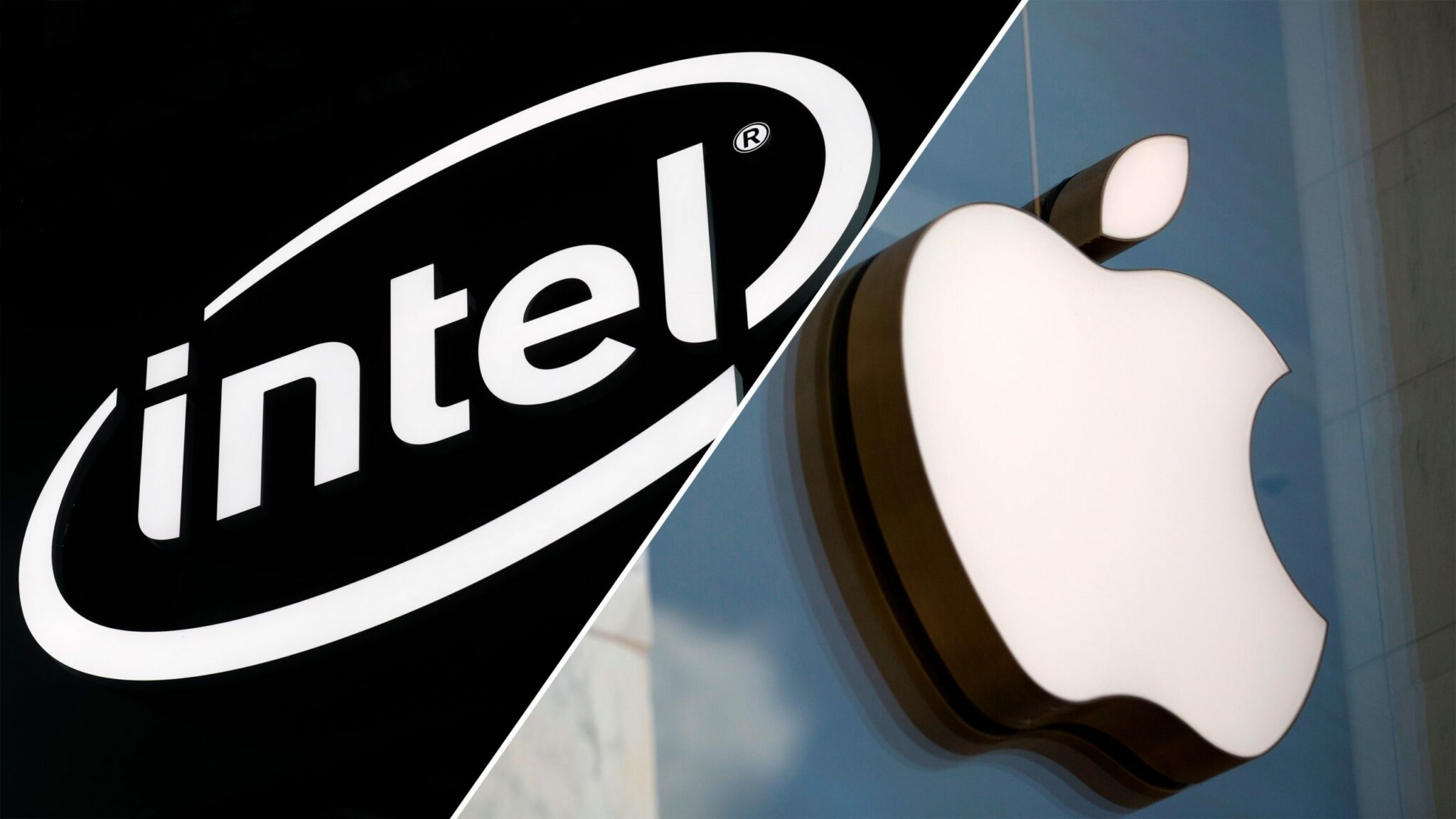
Is M1 Chip ready for Content Creators?
If you are a content creator and want to do all your editing work on your Macbook, then you don’t need to worry about this as the Macbook with an M1 chipset is easily capable of doing this job. Apart from this, there are various other tasks that a capable chipset can only do, and M1 is one of the best options that you have in this category.
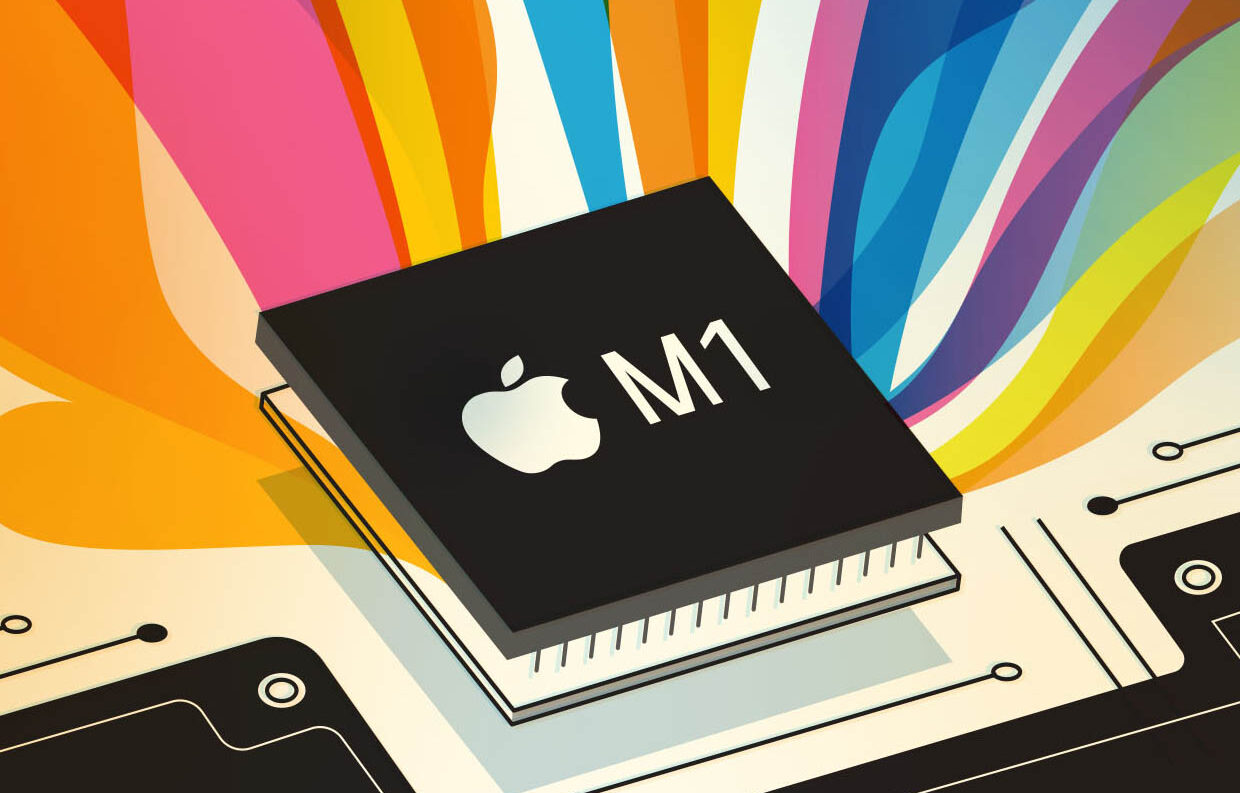
Apple M1 Chip VS Intel i9: Which One Should You Buy?
There is no denying that both the chipsets are good in their own field and easily do whatever task they are provided with. The only thing to remember here is what is the purpose of your laptop or what will you use the system with an M1 chip or an i9 chip for when you buy it? It is seen that in terms of work-related stuff like video editing, etc, both M1 and i9 are really good but in terms of gaming, i9 has a huge advantage compared to its counterpart M1.
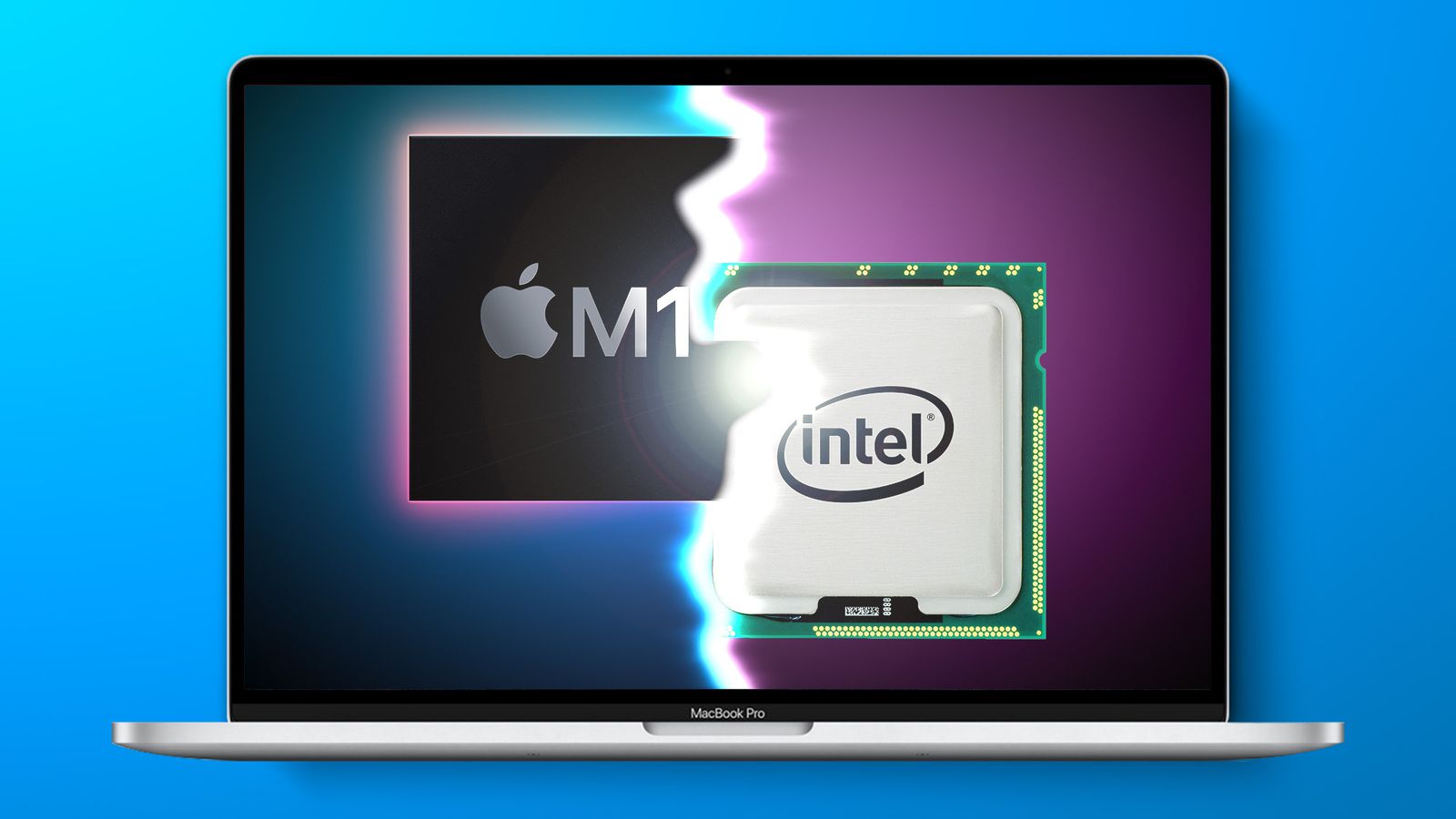
Frequently Asked Questions
FAQ 1: Is Apple M1 Chip good for gaming?
Answer: The Apple M1 chipset is good for gaming but it does not support a lot of AAA title games available today, that most gamers play.
FAQ 2: How is video editing in Intel i9?
Answer: You can do exceptionally well video editing on the Intel i9 chipset and you don’t have to worry about any lag or issues when you do this work.
This was a comparative analysis of Apple M1 VS Intel i9. For more such information you can visit our site omggamer.com where we upload news and the latest information on gaming.


![Acer Aspire Nitro 7 Review, Price, Design, & More [2025] 1 Acer Aspire Nitro 7 Review, Price, Design, & More](https://blog.omggamer.com/wp-content/uploads/2025/10/Acer-Aspire-Nitro-7-Review-Price-Design-More.jpg)
![10 Best Motherboard for Ryzen 9 7900x for Gaming [2025] 2 Best Motherboard for Ryzen 9 7900x](https://blog.omggamer.com/wp-content/uploads/2025/10/Best-Motherboard-for-Ryzen-9-7900x.jpg)
![10 Best Prebuilt Gaming PC with RTX 3090 in 2025 [Experts] 3 Best Prebuilt Gaming PC with RTX 3090 [Experts Choice]](https://blog.omggamer.com/wp-content/uploads/2025/10/Best-Prebuilt-Gaming-PC-with-RTX-3090-Experts-Choice.jpg)
![AMD Radeon HD 7990 VS Nvidia RTX 4090 [The Real Battle] 4 AMD Radeon HD 7990 VS Nvidia RTX 4090 [The Real Battle]](https://blog.omggamer.com/wp-content/uploads/2025/10/AMD-Radeon-HD-7990-VS-Nvidia-RTX-4090-The-Real-Battle.jpg)
![5 Best RGB Controller for Gaming PC in 2025 [Gamers Choice] 5 BEST-RGB-Controller](https://blog.omggamer.com/wp-content/uploads/2025/10/BEST-RGB-Controller.jpg)
![10 Best 144hz Laptop for Gaming in 2025 [Best Choice] 6 Best 144hz Laptop for Gaming](https://blog.omggamer.com/wp-content/uploads/2025/10/Best-144hz-Laptop-for-Gaming.jpg)


